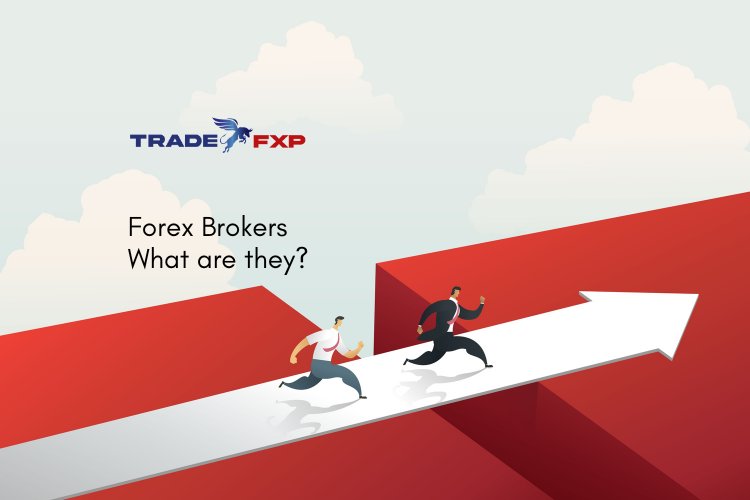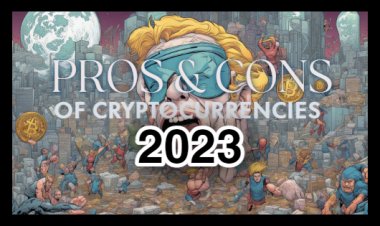What are Forex Brokers?
Learn about Forex brokers on TradeFXP's blog. Find out their role in foreign exchange trading, how they function, and how to select the best one for your trading needs.

What are Forex Brokers?
Forex trading requires a broker. How does a forex broker work? Here are some things to consider:
If you want to buy an apple, you go to a street market. In the street market, you can buy an apple, because that's where people sell apples.
Imagine that you were selling apples and needed customers; you could go to the street market because that's where your customers are - that's where they buy apples.
Street markets bring buyers and sellers together. A street market, however, is not generally a place where people sell apples directly to each other; they are sold through stalls.
In Forex Market Trading, this is also true. Currency buyers and sellers need a place to meet and a place where they can buy and sell their currencies.
Forex markets, however, allow buyers and sellers to be thousands of miles apart. It is a broker who helps people find each other by matching their interests.
The forex broker's role
Brokers facilitate the purchase and sale of trading instruments, such as currencies, between buyers and sellers.
You and the market are connected through a forex broker. A broker matches you up with either a buyer or a seller of currencies by matching you up with them.
In addition to acting as middlemen between buyers and sellers, they also act as middlemen between buyers and what is called a “liquidity provider ”.
Liquidity provider
Let's begin by explaining what liquidity is and how it works. Suppose you want to buy a certain amount of a certain currency.
You must be able to buy that currency from someone who can sell it to you. You must find a buyer for the currency before you can sell it.
If many people want to buy the currency that you are selling, then it is likely that you will be able to sell. If many people are selling the currency that you wish to buy, then it is likely that you are going to be able to buy the currency that you want. When there is an abundance of buyers and sellers in the market, it is said that the market is “liquid”.
There is another way in which a market can be liquid. Let’s say that you would like to buy currency, but instead of many individuals selling small quantities of currency, fewer sellers are selling larger amounts of currency. The market is still liquid. These sellers that are selling huge amounts are called liquidity providers because they are providing liquidity in the markets – large banks or financial institutions that trade currencies on a large scale.
In other words, they are trading such vast quantities of currency that when you sell, you are likely to be selling to a liquidity provider and when you buy, you are likely to be buying from a liquidity provider. Due to the volume of trade, there is always a party with whom they can do business.
When it is said that a broker will pass your trade on to a liquidity provider, what this means is that the broker will match your contract up with a liquidity provider, such as a bank or another financial institution, to take the other side of your trade.
How do I interact with a forex broker? What do I do to trade?
The broker in its original sense could be thought of as someone that you phoned to buy or sell currencies. The development of the Internet and software now allows you to interact with a broker through what is called a trading platform or trading software.
The trading platform
A forex trading platform is a piece of software and it is through this software that you buy and sell different currencies. Trading platforms are software downloaded from the Internet and installed onto your computer. This is what you use to trade forex.
However, there are forex brokers that enable you to trade through a web browser, which can be beneficial as it allows you to trade from any computer without having to download software.



 admin
admin 










